CHAPEL HILL- The Chapel Hill-Carrboro City Schools board voted 6-1 Thursday to expand the Mandarin dual language program at Glenwood Elementary and keep access to the program open to all students in the district via a lottery system.
Board Vice-Chair Mia Burroughs said the value of dual language education extends beyond the local community.
“I consider it a gift to the country, frankly, to have bilingual and multilingual children, particularly in Mandarin,” said Burroughs.
The vote means 76 families at Glenwood will need to be redistricted to alleviate overcrowding due to growth in the dual language program and increased enrollment in the school’s attendance zone.
More than 100 parents turned out Thursday night to ask the school board to put to rest the recent uncertainty about the future of the Mandarin program, but parents differed widely on what they saw as the best solution.
Those with students in the program touted the merit of dual language education. Pam Caswell told the school board the program has changed the way her son approaches learning.
“There is a rumor that it serves only the 156 most high-achieving students, and I am here to tell you different,” said Caswell. “My son did not enter Glenwood above average. He has become high-achieving because of the daily effort we put into his studies.”
But parents outside the program argued it costs too much and serves too few. Heather Kunmick labeled it an unnecessary expense in a tight budget year.
“When I’m sending in hundreds and hundreds of dollars of supplies because in October teachers are out of copy paper and my daughter’s art class doesn’t have enough pencils or erasers and my child’s kindergarten class doesn’t have glue sticks, how can we continue to pour money into something that serves such a small percentage of the population?” asked Kunmick.
School board members cautioned against singling out any one program for cuts, and reiterated their support for expanding Mandarin dual language instruction, saying expansion of the program will lower per-pupil expenses.
“The reason we expanded it is not only do we think this a really important program, it’s to bring the cost down,” said Burroughs. “We need to make the program load-bearing, to fill those classrooms so there aren’t extra-small classrooms in fourth and fifth grade.”
But the board wrestled with how and where the program should grow. In the long term, the district could open a new dual language magnet that would house the Mandarin program, but for now, any expansion of the program means non-dual language learners will need to be redistricted to make room for new Mandarin students.
Board members also struggled with the purpose of the program, noting that it’s evolved from instruction to help those with limited English to more of an immersion program for English-speaking students. Annetta Streater said it’s not fulfilling its original purpose.
“I am very much disappointed that what was meant to be a support for students who are not native English speakers is no longer that,” said Streater. “So that brings up another concern- are we doing what we’re supposed to be doing to support students who actually do need consistent instruction and intervention to acquire English?”
The board voted 6-1 to redistrict 76 non-dual language families and add a second first grade classroom to the Mandarin program, which will remain at Glenwood for at least the next year.
Though spot-redistricting offers a short-term solution to temporarily ease Glenwood’s overcrowding, there’s no clear consensus on what to do with the Mandarin program in the future. Board members agreed to hire a consultant to examine the long-term options, with an eye toward implementing a solution by 2015.



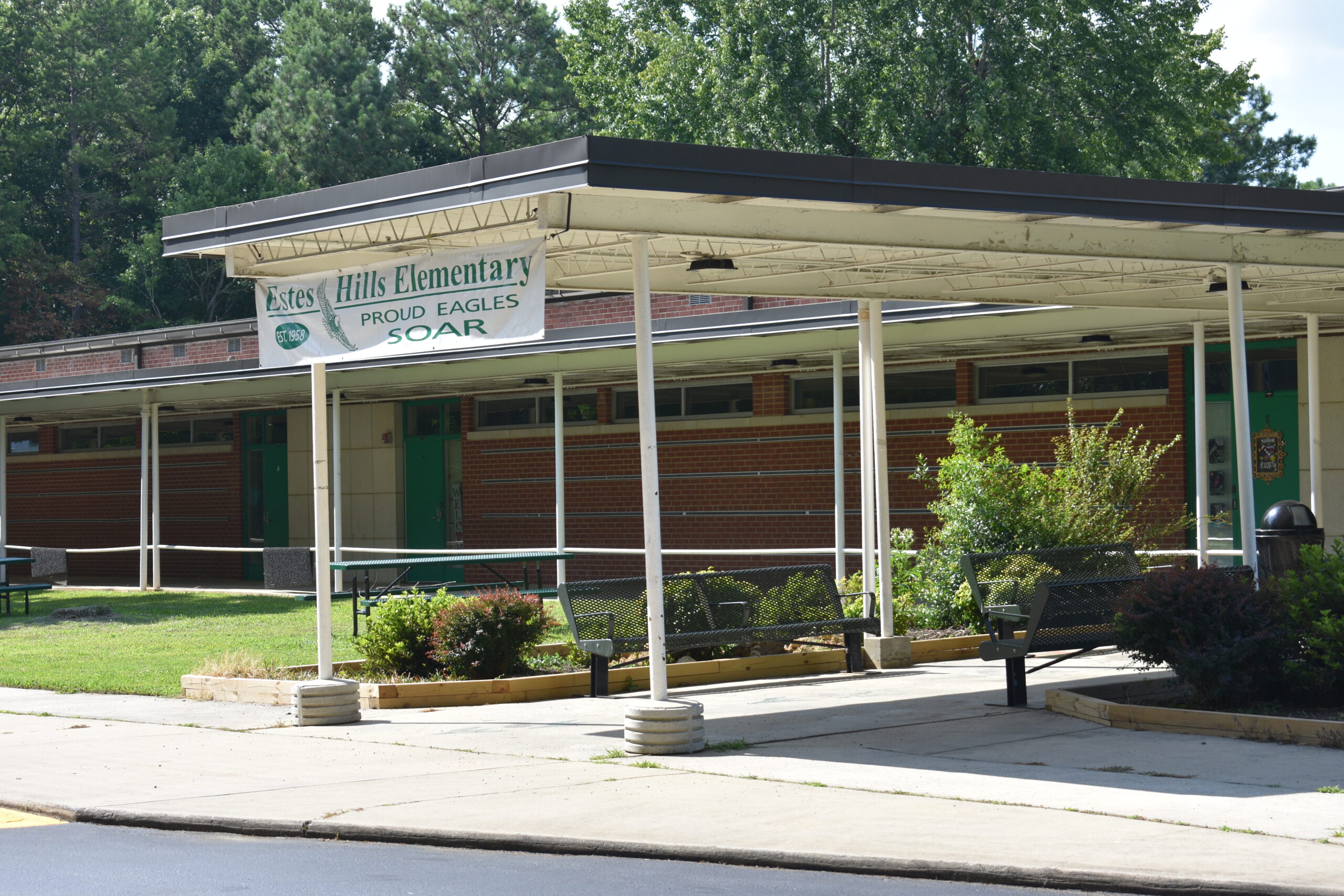

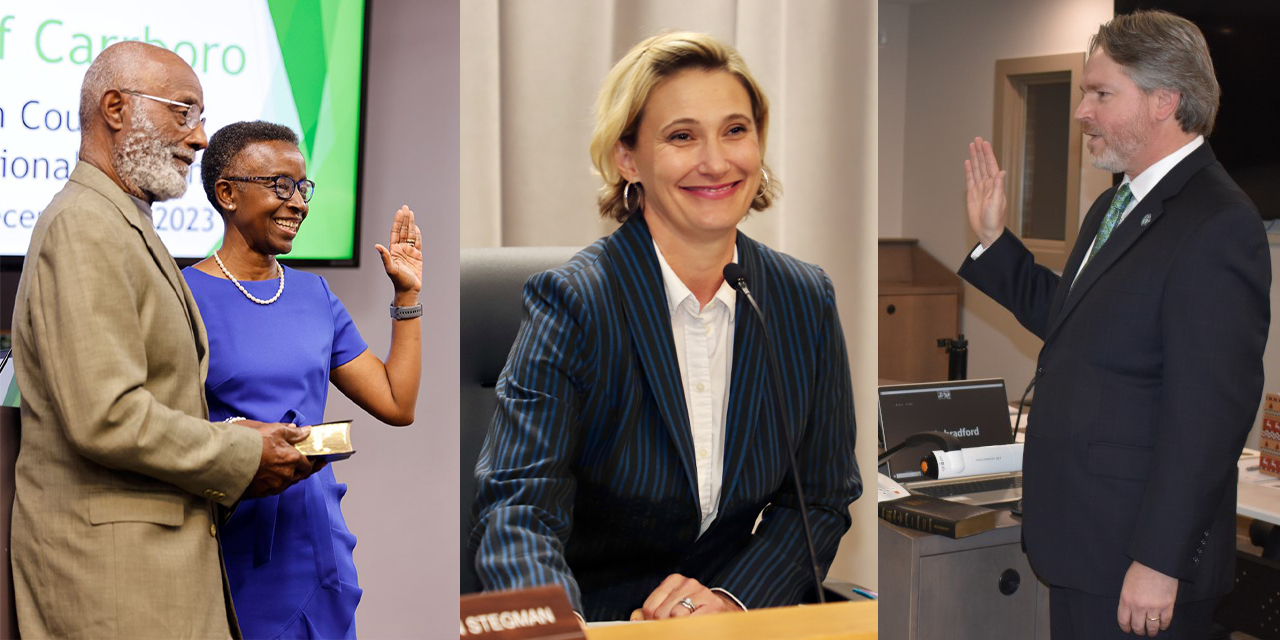
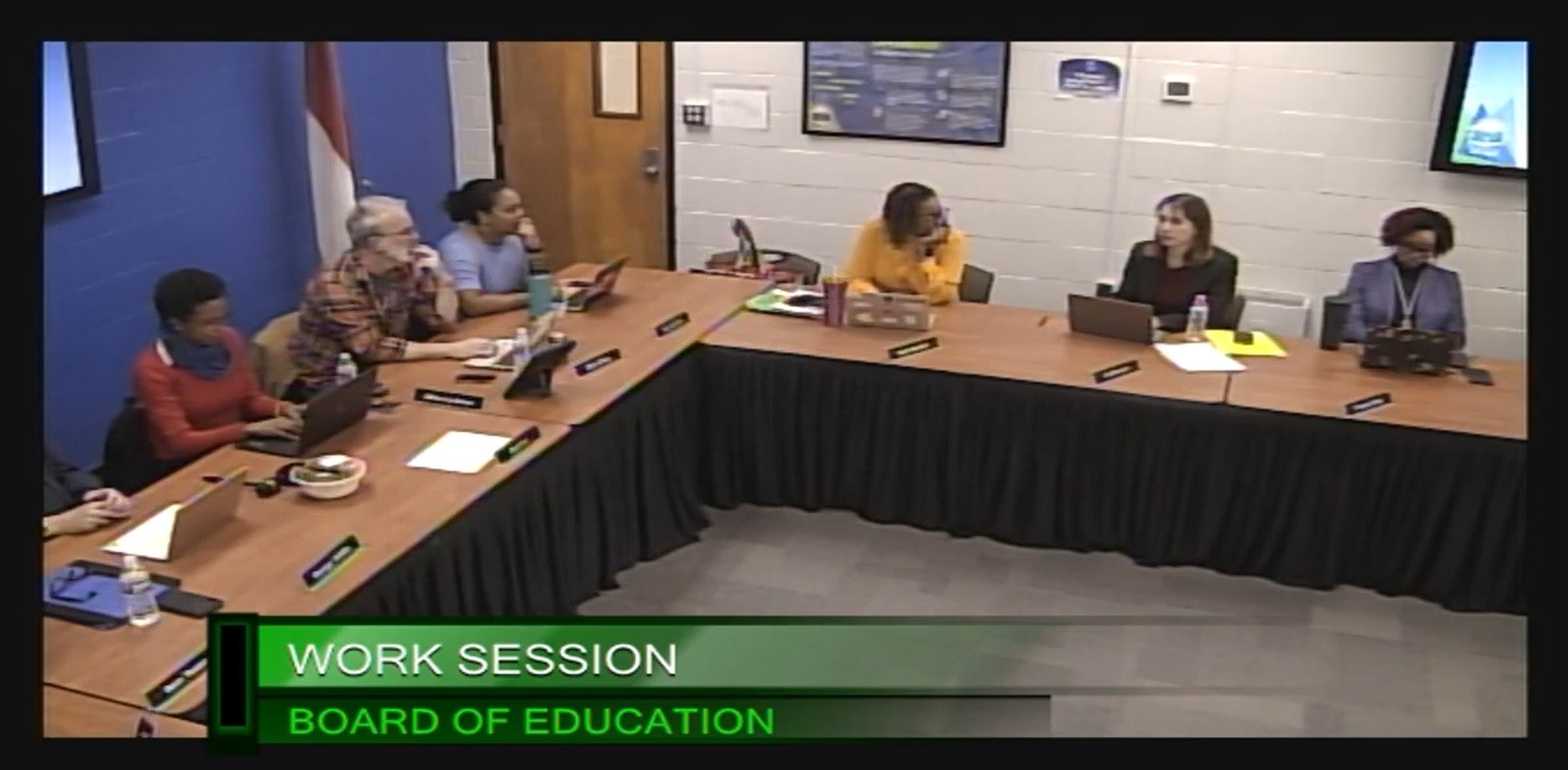
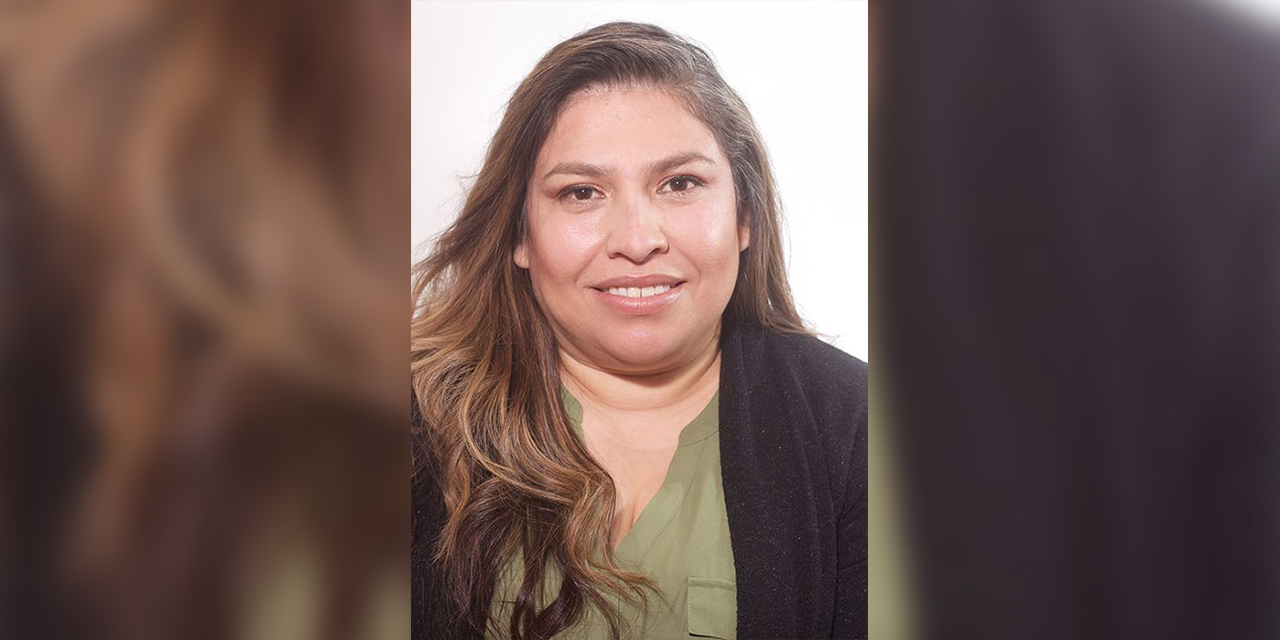
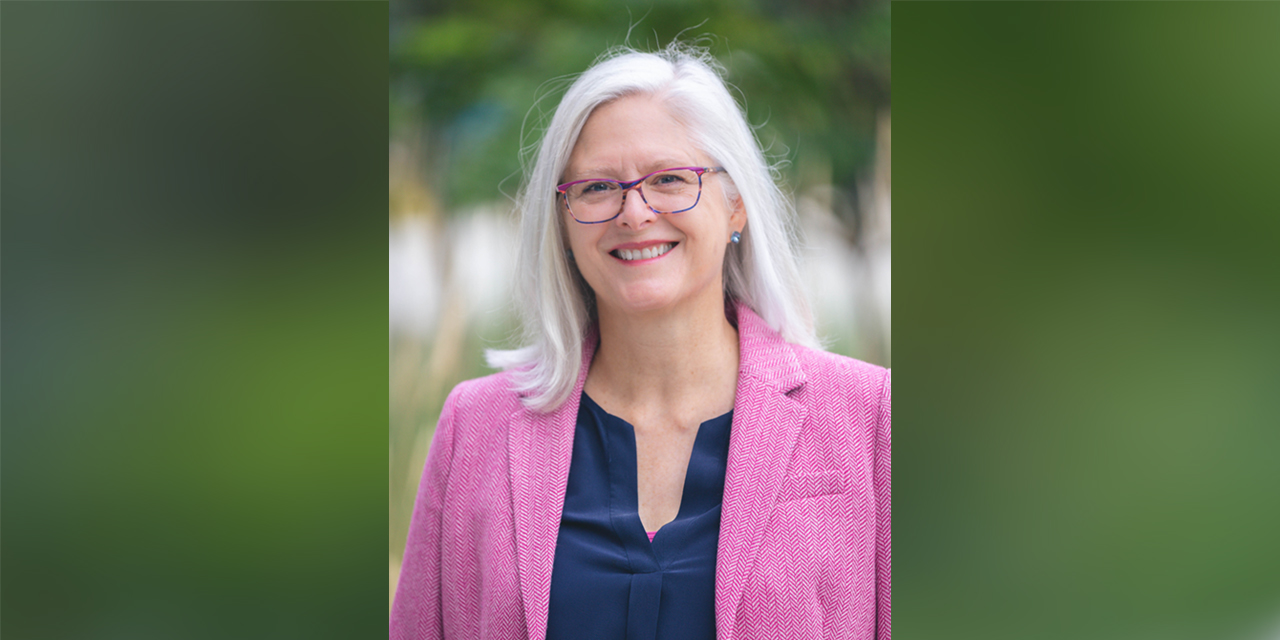


Comments on Chapelboro are moderated according to our Community Guidelines